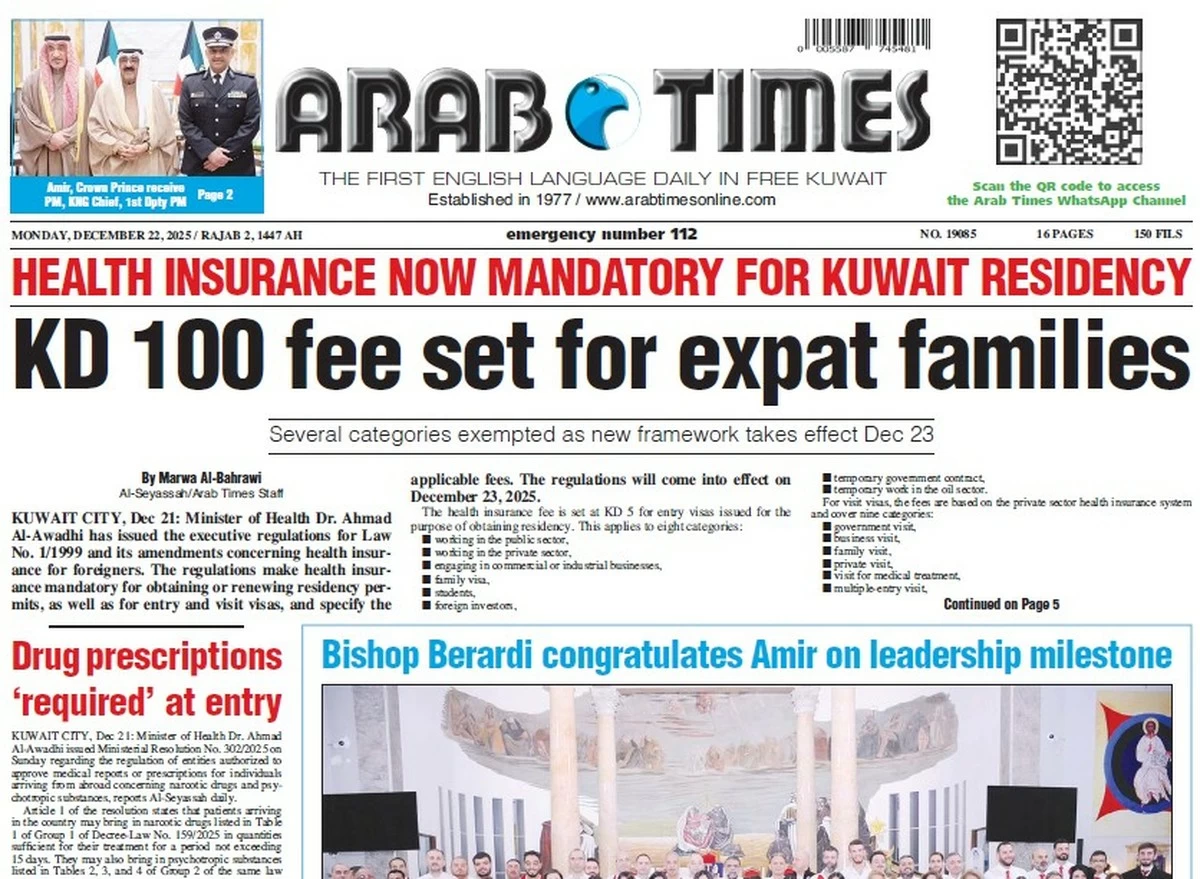26/01/2025
26/01/2025
Sources in the Ministry of Islamic Affairs, which would have preferred to be called Religious Affairs (this reflects the reality of its role), stated that a ‘development’ project had been included to boost the country’s economy, due to the decline in the country’s resources as a result of fluctuating oil prices, by converting mosques to become environmentally friendly, within ten years!!
The project is set to cost 33 million dinars, and its implementation will lead to significant reductions: a 40 percent decrease in electricity consumption, a similar 40 percent reduction in water usage, and a 50 percent decrease in maintenance costs.
Environmentally, the project will deliver substantial benefits, cutting carbon emissions by 5,478,600 kilograms (per every 100 mosques), improving air quality, reducing waste, and increasing recycling opportunities.
Additionally, it will recycle gray water to help green the areas surrounding the mosque buildings, which covers approximately one hectare.
The project will also generate financial savings, amounting to 5 million and 235 thousand dinars in electricity and water costs across all mosques, while reducing annual carbon emissions by about 93,136 kilograms.
A key outcome of the project will be the creation of job opportunities for local and national talent in the field of sustainable buildings, with local companies benefiting as well.
This will not only enhance employment prospects but also drive economic returns, contributing positively to the country's investment climate (God is Great).
We appreciate the Ministry of Islamic Affairs for its detailed presentation of the project’s advantages and accurate figures.
However, the citizen has the right to express some reservations, as many of the ministry's previous projects, which have cost the state hundreds of millions of dinars, have resulted in little to no tangible outcomes, such as the moderation of the Holy Quran and other initiatives.
It can be reasonably argued that the impressive numbers provided above might have been derived from a ‘make-up hectare’ study -- designed to satisfy the needs of government decision-makers and often created by well-known research offices with a vested interest, tailored to meet the ministry's requirements.
If the ministry officials truly believe in the integrity and significance of the study, it would be beneficial for them to publish it on the ministry’s website for public scrutiny.
Many senior specialists and stakeholders involved with the ministry harbor genuine doubts about the study's credibility, as it seems based on assumptions that are far from realistic.
The Ministry of Islamic Affairs is aware that the cost of this project could be halved if cooperative societies were invited to contribute to implementing the study’s recommendations, in line with their role in community service.
Alternatively, allowing companies and individuals to sponsor one or more mosques could help offset costs.
Unfortunately, such proposals are often not in the ‘interest’ of many ministry officials, which raises concerns about the project’s long-term value and the broader commitment to financial efficiency.
Goebbels, Hitler's propaganda minister, is said to have said: Whenever I hear the word 'intellectual' I reach for my gun!
Whenever I hear an official announce a new project with vague goals, I put my hand on my heart, fearing for my money.
e-mail: [email protected]



